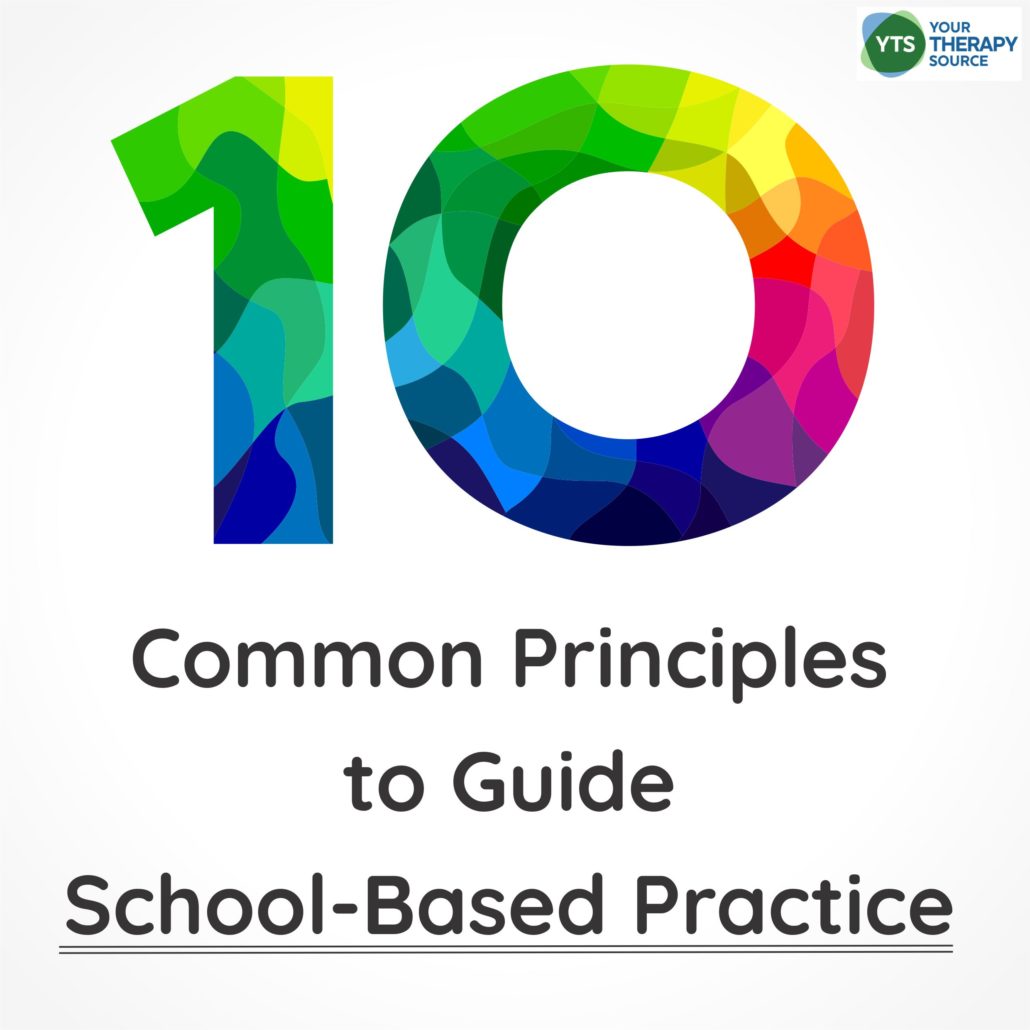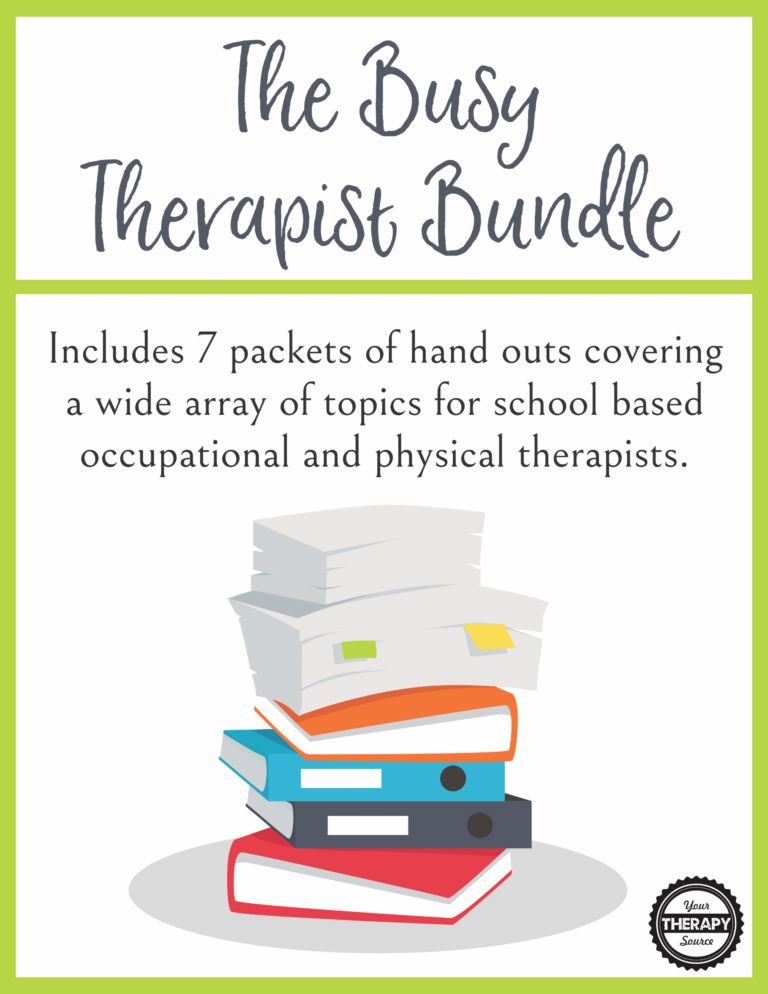10 Common Principles to Guide School-Based Practice

Inclusive education can provide wonderful opportunities for students with disabilities although research indicates that academic success and participation is limited. Recently, Child: Care, Health and Development published a review to look closely at the current evidence and determined 10 common principles to guide school-based practice and offer useful strategies for implementation of those principles in the school setting.
Research Review
Scholarly and grey literature in rehabilitation and education were reviewed collaboratively with school‐based stakeholders. A search of five databases for research in rehabilitation and education identified 13,141 references and resulted in 56 relevant articles published from 1998 to 2017. Most of the studies focused on students with behavior issues, with little attention to physical or motor impairments.
Results of the Research Review
The school-based services (i.e. special education, psychology, speech-language therapy,
10 Common Principles to Guide School-Based Practice
The first four principles were described as the global organization of services and the last six principals involved specific service delivery.
- multilevel services – building students’ capacities with whole‐class instructional methods and interventions and changing specific interventions according to students’ individual needs.
- Universal Design and Support – prevention programs mostly focused on behavioral management
- collaborative intervention – between professionals at both the individual and organizational levels.
- coordination of services – One person takes on a coordination role and helps to provide services in an organized and cohesive manner.
- supports for school staff – providing support to school staff such as mentoring, coaching, consultation, and training.
- direct group services
- direct individual services
- pull-out therapy – students are removed from class to receive services individually or in a group.
- services within the child’s natural environment – services provided in the child’s immediate natural environment, such as in the classroom, at home, and in the community.
- family involvement – parents and family/caregivers are active team members working alongside
various service providers.
The most common principal (39%) was direct, individualized services.
7 Strategies for Implementation of the Common Principles to Guide School-Based Practice
The research review revealed 7 strategies for implementation of the common principles to guide school-based practice:
- Training.
- Designating a coordination role.
- Meetings.
- Internal support.
- Preparation.
- External support.
- Continuous evaluation.
The majority of the studies (71%) employed a single strategy and others combined 2 to 4 strategies.
Conclusion
The researchers concluded that these principals and strategies can help guide school-based practices although it was not determined if any principals were more effective than another. Future research should focus on comparing the effectiveness of the principals and include student, teacher, administrative and family‐related outcomes.
Reference: Anaby, D. R., Campbell, W. N., Missiuna, C., Shaw, S. R., Bennett, S., Khan, S., … & GOLDs (Group for Optimizing Leadership and Delivering Services). (2018). Recommended practices to organize and deliver school‐based services for children with disabilities: A scoping review. Child: care, health and development.
Check out The Busy Therapist Bundle for over 100



